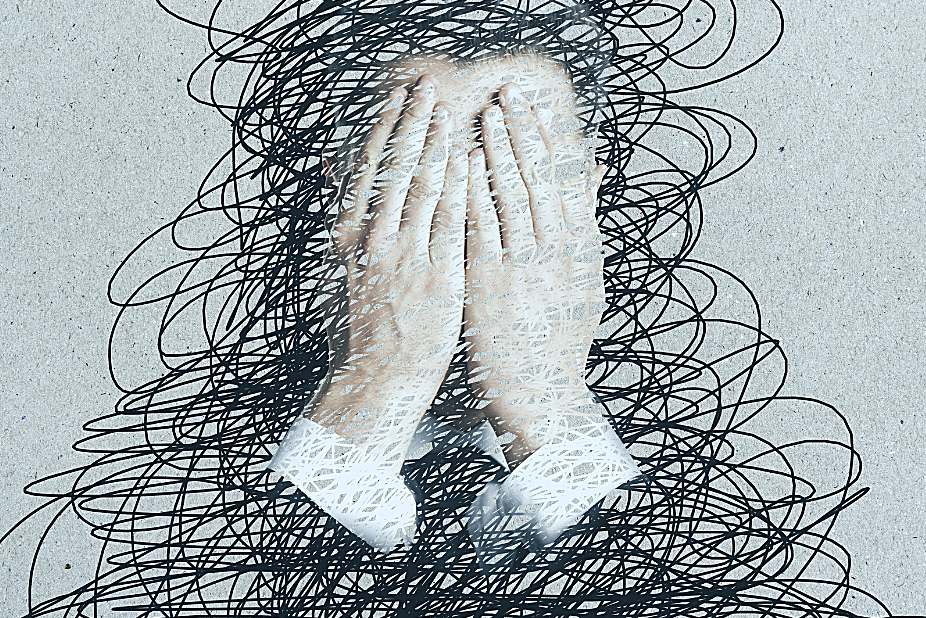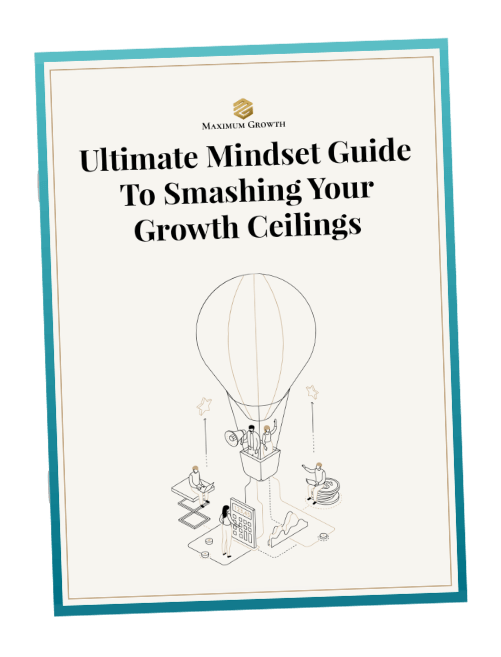Do you know how a certain type of stress can cause a specific illness?
This intriguing question: “Can the most stressful life events predict future illness?” has captivated researchers and medical professionals for decades.
I have your ears pricked up, don’t I?
In 1967, two researchers named Thomas Holmes and Richard Rahe embarked on a groundbreaking study to explore the potential correlation between stress-inducing life events and the likelihood of developing illnesses.
The outcome of their study was the development of the Holmes and Rahe Stress Scale, a tool widely used to assess the impact of stress on health.
Holmes and Rahe’s study involved an extensive analysis of the medical records of over 5,000 patients. Their primary objective was to determine whether there was a clear connection between highly stressful life events and the subsequent development of illnesses.
To their astonishment, the researchers uncovered a strong correlation. This correlation was so significant that Holmes and Rahe decided to rank the stressful life events they identified on a scale ranging from the most stressful to the least stressful.
So, what are these life events that the Holmes and Rahe Stress Scale takes into account?
They encompass a range of circumstances that many of us encounter throughout our lives.
Some examples include
- Death of a loved one
- Divorce
- Job loss
- Financial difficulties
- Relocation
- Getting married
- Taking a vacation (say what?!? It’s a matter of perspective – haha)
After lots of studies using this metric, researchers have concluded that stress impacts your physiology.
But you want to know more about your specific stress, don’t you?
Relationship Stress
Studies have linked relationship stress to a higher risk of cardiovascular diseases, weakened immune function, and mental health disorders such as anxiety and depression.
Relationship stress can sometimes manifest as psychosomatic symptoms—physical symptoms that arise from emotional or psychological distress including headaches, digestive issues, muscle tension, or chronic pain.
Financial Stress
The toll of financial stress extends beyond mental health and can manifest in various physical health issues. High levels of stress hormones, such as cortisol, associated with financial strain can lead to elevated blood pressure, weakened immune function, and an increased risk of cardiovascular diseases.
Financial stress often disrupts sleep patterns, leading to difficulties falling asleep, staying asleep, or experiencing restful sleep. Sleep deprivation can have far-reaching consequences such as diabetes and weakened immune system function so you’re more prone to viruses and colds.
Family Stress
Family stress can significantly impact our mental well-being. Conflicts, strained relationships, and feelings of resentment or obligation can contribute to increased stress levels and emotional distress. This chronic exposure to family stress can lead to conditions such as anxiety and depression.
Home is where you spend a lot of time in, and prolonged exposure to stress hormones, such as cortisol, associated with family stress can lead to elevated blood pressure, weakened immune function, and an increased risk of chronic diseases such as cardiovascular disorders.
Workplace Stress
Jobs that involve repetitive tasks, poor ergonomics, or physical strain can contribute to the development of musculoskeletal disorders. Workplace stress can exacerbate these conditions by increasing muscle tension and promoting poor posture, leading to issues such as back pain, neck pain, and repetitive strain injuries.
High levels of stress can impair cognitive function, affecting memory, concentration, and decision-making abilities. This can hinder productivity and performance at work, further adding to the stress.
So tell me what you’re stressed about, and I’ll tell you your illness. OK, it’s not a science, but there are potential determinants that impact health.
Each time you apply the Demartini Method and bring your perceived stressful perceptions into balance, you dissolve your stress and you place your body and mind into homeostasis, and the optimal place for wellness to occur.
With gratitude,
Tanya x
Leadership Coach & Master Certified Demartini Method Facilitator
BAppSoSc (Counselling)


